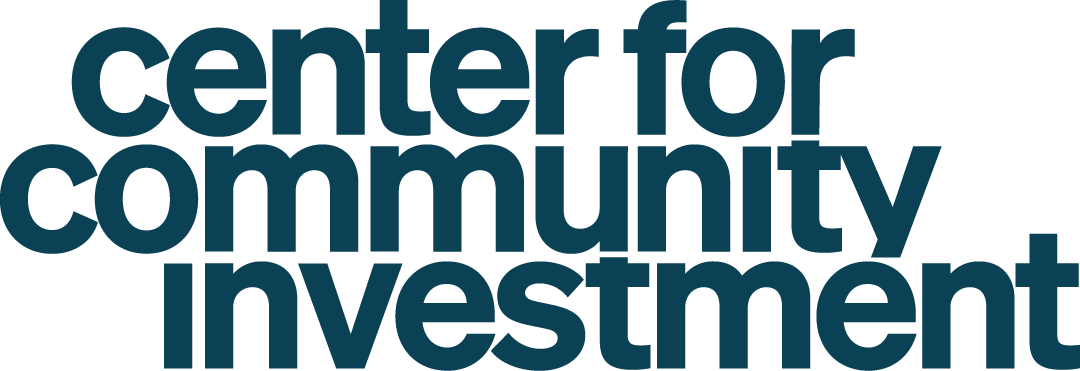Adaptive leadership and emergent learning are more than buzzwords at the Center for Community Investment. Just as we support our program participants to be adaptive and emergent in their community investment work, so we aim to be adaptive and emergent in our approach and our program design. One way we do this is by listening to what our program participants and alumni want to know more about and creating space for them to learn. They have been telling us loud and clear that they want to learn more about community wealth building and community ownership strategies, not surprisingly, as these are currently critical topics in community development.
This year, CCI is diving deep into these topics. Along with undertaking a thorough review of the literature on community wealth building and community ownership strategies, we are talking to practitioners to unpack the similarities and differences in their approaches and understand the conditions and practices that make them most effective. We are also exploring their intersections with our capital absorption framework. One project that keeps coming up in our conversations with the field and CCI program participants alike is the Mercy Corps’ East Portland Community Investment Trust (CIT).
As part of our ongoing collective learning, we were delighted to have John Haines, CIT Executive Director, join a group of Fulcrum Fellows and Field Catalysts for a webinar last month. The CIT owns a 29,000-square-foot mid-century retail mall in outer Southeast Portland, Oregon. The CIT is offering a long-term path to purchase shares in this building to 300-500 individuals and families in the neighborhood for as little as $10 and up to $100 per month. Robin Hacke introduced the webinar with an overview of community-engaged investment, and John walked our group through the project and answered questions. Topics included structuring the trust, governance issues, loss prevention, tenant selection, investor education, and measuring success.
Look for more from us on these topics in the coming months!

